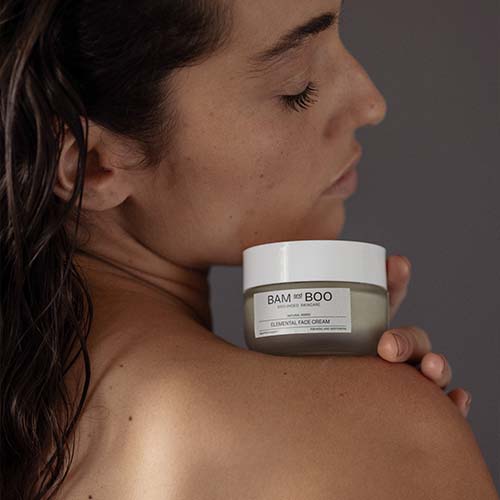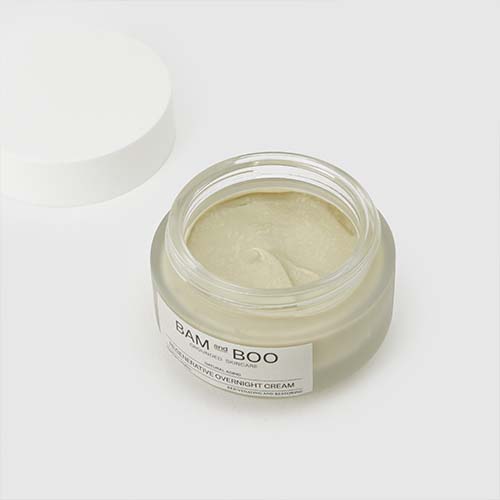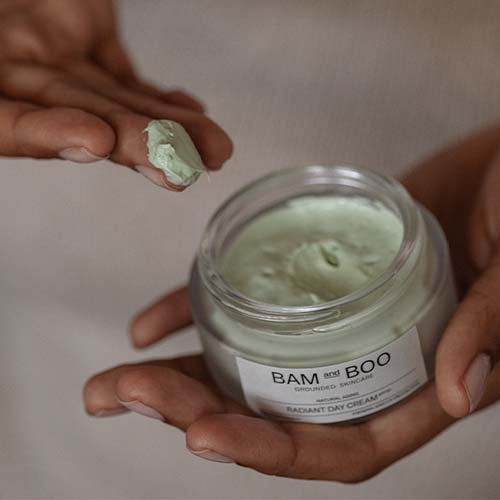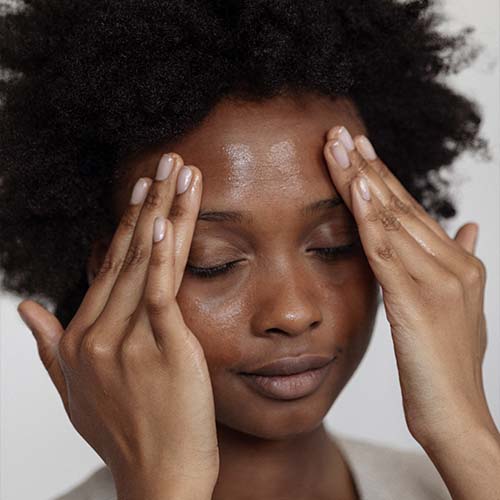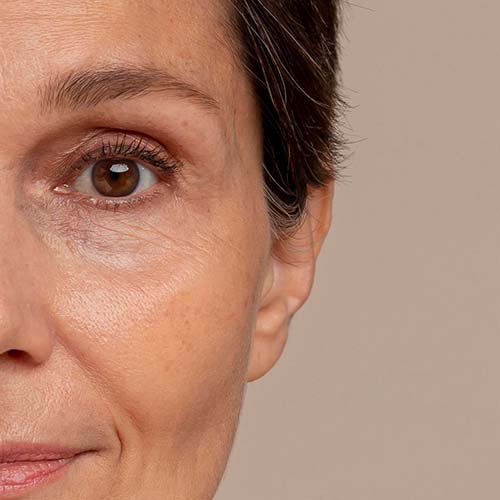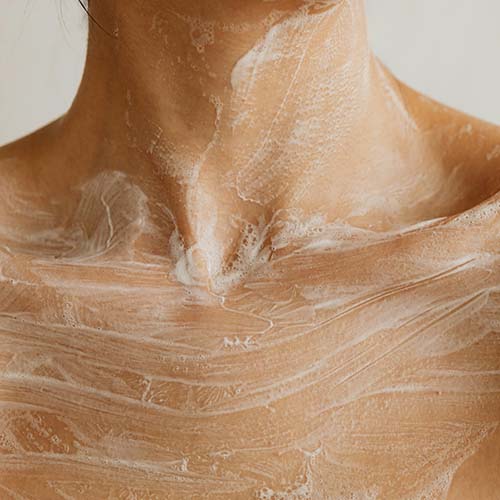When you think of algae, the first image that might come to mind is the green stuff floating in a pond. However, algae is much more than just a plant found in water bodies. Algae, both macro and micro, are powerhouses of nutrients and have been used for centuries for their medicinal and health benefits. In recent years, the beauty industry has harnessed the power of algae to create skincare products that offer a multitude of benefits. In this article, we will explore the wonders of algae, its health benefits, and how it can transform your skincare routine.
Understanding Algae: Macro vs. Micro
Algae are simple, photosynthetic organisms found in water and on land. They are classified into two main types: macroalgae and microalgae.
Macroalgae: Commonly known as seaweed, these are large, visible to the naked eye, and found in marine environments. Varieties include kelp, sea lettuce, and red algae. They are rich in minerals, vitamins, and antioxidants, making them an excellent skincare ingredient.
Microalgae: Microscopic single-celled organisms found in both fresh and saltwater, such as spirulina and chlorella. Despite their small size, they are nutrient-dense and rich in proteins, vitamins, and essential fatty acids.

Types of Algae in Portugal and the Azores
Portugal, including the Azores, has a rich variety of macro and microalgae due to its long coastline and favorable marine conditions.
Algae in Mainland Portugal
- Kelp (Laminaria spp.): Rich in iodine and minerals, found on rocky coasts.
- Sea Lettuce (Ulva lactuca): Bright green, vitamin- and antioxidant-rich algae in intertidal zones.
- Dulse (Palmaria palmata): Red algae known for high protein and mineral content.
- Irish Moss (Chondrus crispus): Contains carrageenan, used for its hydrating properties.
- Fucus (Fucus vesiculosus): Rich in iodine, fucoidan, and antioxidants, ideal for anti-aging skincare.
Algae in the Azores
- Spirulina (Arthrospira platensis): Cultivated in mineral-rich waters.
- Chlorella (Chlorella vulgaris): Known for detoxifying and nutrient-rich profile.
- Gelidium (Gelidium spp.): Red algae producing agar, with soothing and hydrating properties.
- Sargassum (Sargassum spp.): Brown algae with anti-inflammatory and antioxidant benefits.
- Coralline Algae (Corallina officinalis): Pinkish algae helping strengthen the skin’s barrier.
The Power of Algae for Human Health
Algae have long been used in traditional medicine for their health benefits, including:
- Nutrient-Rich Superfood: Packed with vitamins A, C, E, B-complex, iodine, calcium, iron, and proteins.
- Detoxification: Chlorella helps remove heavy metals and toxins from the body.
- Boosting Immunity: Beta-glucans and antioxidants enhance immune function.
- Anti-Inflammatory Properties: Omega-3s and chlorophyll reduce inflammation.
- Enhanced Energy Levels: Spirulina boosts vitality and overall energy.
Advantages of Algae in Skincare
Algae are widely used in modern skincare for their multifunctional properties:
- Deep Hydration: Help retain moisture and restore the skin’s barrier.
- Antioxidant-Rich: Protect against free radicals and environmental damage.
- Anti-Inflammatory: Calm redness and irritation—great for sensitive skin.
- Detoxifying: Remove toxins and impurities from the skin.
- Anti-Aging: Stimulate collagen, enhance elasticity, and reduce wrinkles.
- Brightening: Even out skin tone and reduce hyperpigmentation.
- Healing: Promote regeneration of damaged or sun-exposed skin.
- Oil Regulation: Balance sebum for oily or dry skin types.
- UV Protection: Some algae provide natural sun protection compounds.
- Barrier Support: Reinforce the skin’s defense against moisture loss.
Frequently Asked Questions
- Are algae-based products suitable for all skin types? Yes, they benefit all skin types but a patch test is always recommended.
- How do algae-based products compare to traditional skincare? They offer broader benefits—hydration, anti-aging, detox, and protection.
- Can algae help with acne? Yes, thanks to anti-inflammatory and oil-regulating properties.
- How long until I see results? Usually 2–6 weeks of consistent use.
- Are there side effects? Rare, but possible for people allergic to marine ingredients.
- Can I use algae with other actives? Yes—compatible with vitamin C, hyaluronic acid, and retinoids.
- Is algae harvesting sustainable? Yes, when done responsibly. Many are farmed in controlled environments.
- Do they smell like the ocean? Most products have a neutral or mild scent after formulation.
- Which algae are best for anti-aging? Fucus and red algae (Palmaria palmata) are excellent for mature skin.
- How should I store algae-based products? In a cool, dry place—refrigeration may help with freshness.

Discover Our Algae-Infused Skincare
Have you explored our Natural Aging skincare range powered by algae?
References and Further Reading
If you’re interested in learning more about the role of algae in skincare and beyond, here are some resources you might find helpful:
- Vogue Scandinavia – Skincare Science: Why algae is a powerful superfood
- Harpers Bazaar – Why it's time to incorporate algae in your skincare
- Dr. Axe – Top 10 Algae Benefits That May Surprise You
- Health – Types of Algae and Their Benefits
- ScienceDirect – Algae as an attractive source for cosmetics
- ScienceDirect – Exploring the potential of using algae in cosmetics
- ResearchGate – Applications of algae in cosmetics
- MARE – Univ. Coimbra – Seaweeds as Source of Bioactive Substances and Skin Care Therapy


